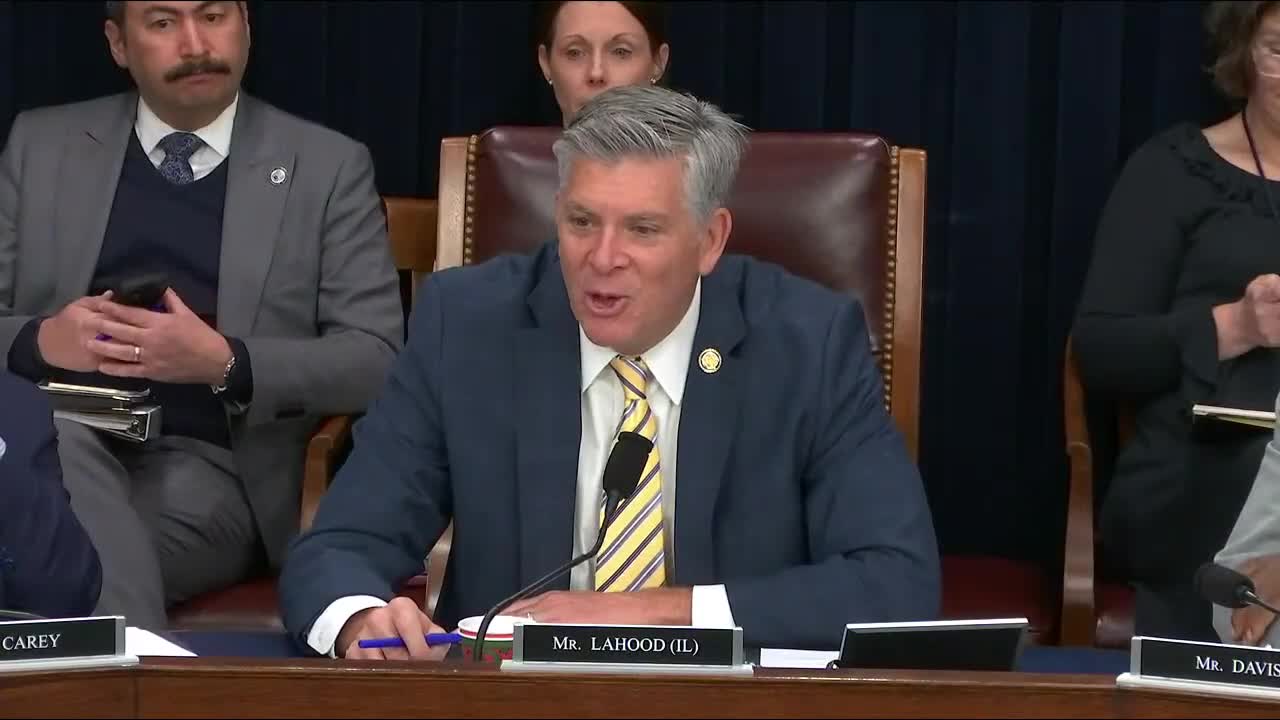Care Portal tells House panel faith and neighbor networks fill urgent needs for foster families
Get AI-powered insights, summaries, and transcripts
Subscribe
Summary
Care Portal described connecting caseworkers to faith communities and local responders to meet immediate needs; panelists praised the model but asked for more rigorous outcome tracking and discussed using Chafee funds and returned funds to scale similar platforms.
Adrian Lewis described Care Portal as a platform that lets caseworkers post vetted requests and match them to nearby faith communities, businesses and volunteers. He said the network includes about 6,000 faith communities and 1,500 agencies and reported cumulative service metrics across states.
Lewis emphasized that requests are always initiated by professionals — caseworkers, school staff or shelter staff — which provides vetting and credibility that encourages community responders to act. Members praised the prevention potential of meeting tangible needs (beds, cribs, transportation) quickly to preserve family stability.
Questions centered on outcomes measurement and the need for more evidence. Lewis said Care Portal relies heavily on caseworker-verified closures and survey data indicating responders feel more supported, and acknowledged limited peer-reviewed research so far but noted a study beginning in Florida.
Lawmakers asked whether federal policy changes could help — ideas included authorizing Chafee funds for technologies that strengthen relational permanency, repurposing returned funds to create set-asides for scaling platforms, and offering enhanced federal matching for states that adopt proven tools.
